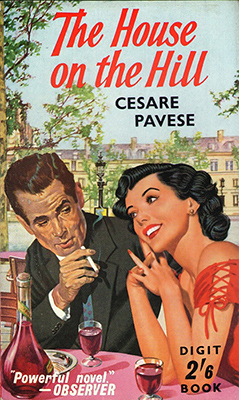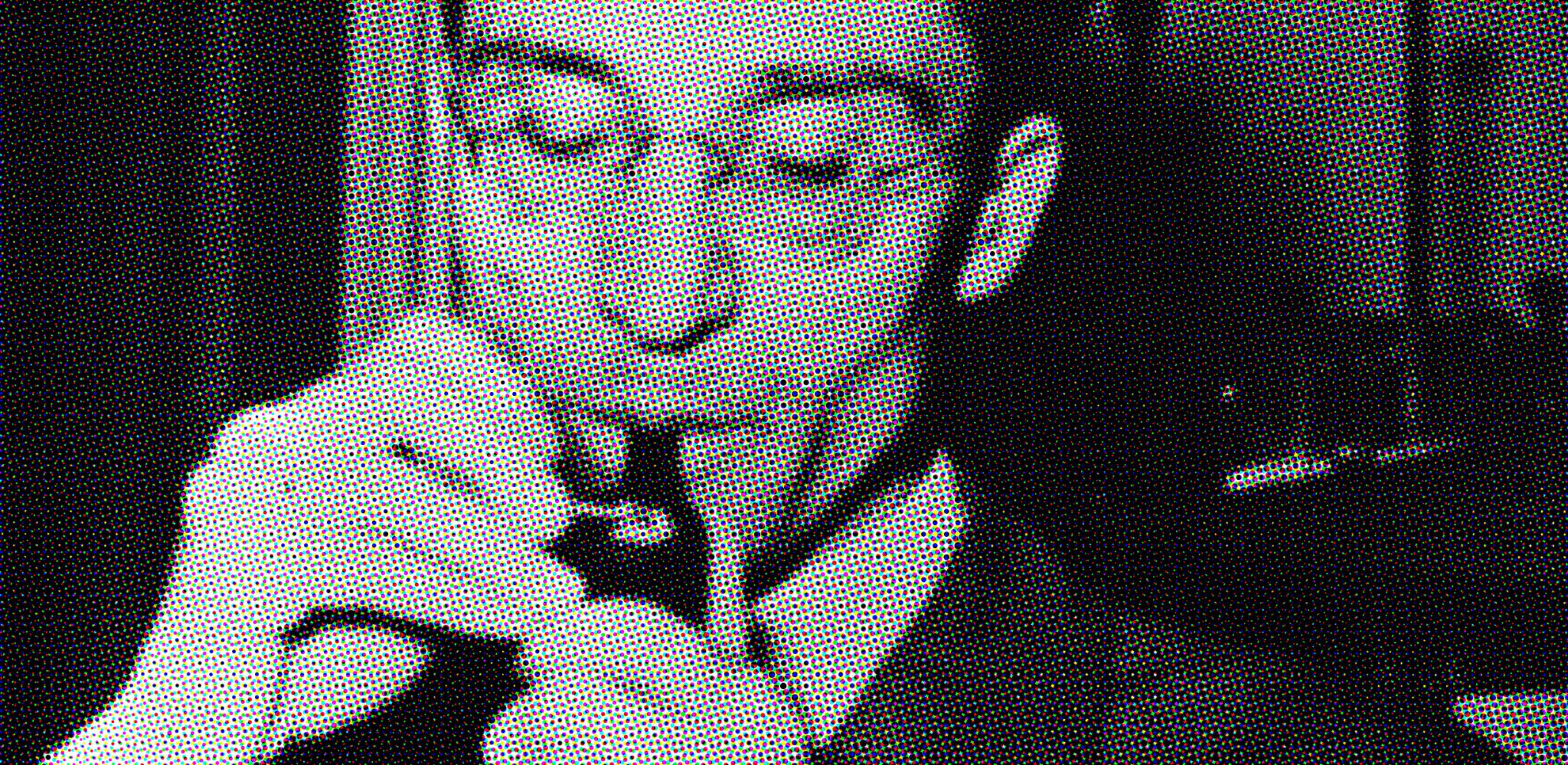Notes on the self and others from a state of suspended animation
The second isolation-diary entry from ArtReview and ArtReview Asia’s editor-in-chief as he waits out the COVID-19 lockdown
This week I’ve been spending some time with Cesare Pavese in the hills outside Turin. To get away from Gödel and his incompleteness theorems. He’s hiding. (Cesare, not Kurt.) Everyone round here is in hiding. Although they seem to be managing quite the number of secret parties at night. Drinking, dancing, conversing, flirting – that kind of stuff. After all, the hotels are shut and who else is going to drink the wine? Obviously everyone is keeping a watchful eye out for the authorities. It’s all on the QT. Having been something of a womaniser in his youth, Cesare has mellowed out a bit. He seems to be finding a sort of contentment in the hiding and the solitude. He probably has to, in order to stay sane. Except that he’s a frequent attendee at the parties. Where he’s chasing an old flame.
He’s working as a teacher (although school’s closed at the moment) and goes on solitary walks with a dog that he found. That bit’s important. The relationship between man and beast is contingent rather than necessary. Cesare never has to take complete responsibility for its care. Because it’s both his and not his. (The dog and the responsibility that comes with it.) Later he finds out that the old flame has a son that may or may not be his. No one’s telling, so no one knows. Moreover, no one knows if it’s important to know. The dog wanders in and out of his life. The potential son too. Like everyone and everything else.
I remember talking with the artist and former Situationist Constant during the very early 2000s about what it was like to be a single-parent artist when he left Amsterdam (after his then-wife had left him) to live among the bohemians and courtesans of Paris in Pigalle. “Having a son was rather like having a dog now,” he boldly replied. As if on cue his dog scampered around his feet. “You always knew there was someone to give you affection when you needed it.” At least I think that’s how it happened. The conversation took place a long time ago. And he wasn’t so keen on my recording anything.
He said that if I recorded our conversation, then I’d only really listen to him afterwards on tape. And that my actual conversation would be with the recording rather than with him. This would make things boring for him. But on reflection I’m beginning to think that this process might have made him say what I wanted him to say. Because it relied on what I remembered. And while he was confident that what he said would definitely be memorable, I was sceptical. I would only remember what I wanted to remember. Although the few conversations we did record shortly before the end of his life indicated that he might have been saying what I wanted him to say anyway.
For a couple of years we saw each other every few months. He wandered in and out of my life. As much as you can wander on a route from London to Amsterdam that goes train, plane, train, train, plane train. Like most relationships, it was characterised by moments of intensity followed by longer moments of emptiness. He had once had a vision for changing the world and its way of life. I wanted to know why it hadn’t come to pass and what bits of it might be salvageable now. Or then. My then, not his then. In any case, the intensity and emptiness seem now to be much like the experience of the narrator in Cesare’s account of Italy at the end of the Second World War. Everyone tries to get to know everyone else, but no one knows what their companions have done, are doing (there are resistance activities, a consequent need for secrecy and a variety of trust issues) or will do in times to come. All they know of each other exists in the moment. Which mainly serves to remind them of all the things they don’t know. In the book (The House on the Hill), relationships are empirical rather than metaphysical. A distinction of which we’re constantly reminded now.

But the last was really a subconscious connection. (Ha, ha!) The book consciously reminded me of Gertrude Stein’s statement (in her brilliantly titled memoir Everybody’s Autobiography) about her childhood home in Oakland, California: ‘there is no there there’. Which seems to be what everyone who’s not fighting for their life is starting to worry about now. Although the Stein quotation is also referenced in the account of Kurt Gödel’s life that I’m reading at the moment. (Check last week’s diary if you’re no longer following.) So presumably that’s what’s reminding me. Perhaps the rest is just a product of the desire to join dots – to assert a logic where there is none. That’s a product of writing, not viruses btw. And art writing in particular. But it (logical explanations of things that lie beyond logic) is also part of the paradox that Gödel was tackling when he published his incompleteness theory. So maybe what I want to say is that it goes a bit beyond art writing too. And that the idea of a getaway I proposed at the beginning of all this is a lie. Obviously. I’m still stuck at home. And still stuck on Gödel.
A friend called me the other day. They’re stuck (on their own) on the other side of London. They asked me how social distancing and being cooped up inside was for me. “I have a large balcony,” I replied. “So I can get outside while technically being inside.” “You have a partner too,” they replied. “You’re not living on your own.” I think they were just trying to hide their jealousy of the balcony.
